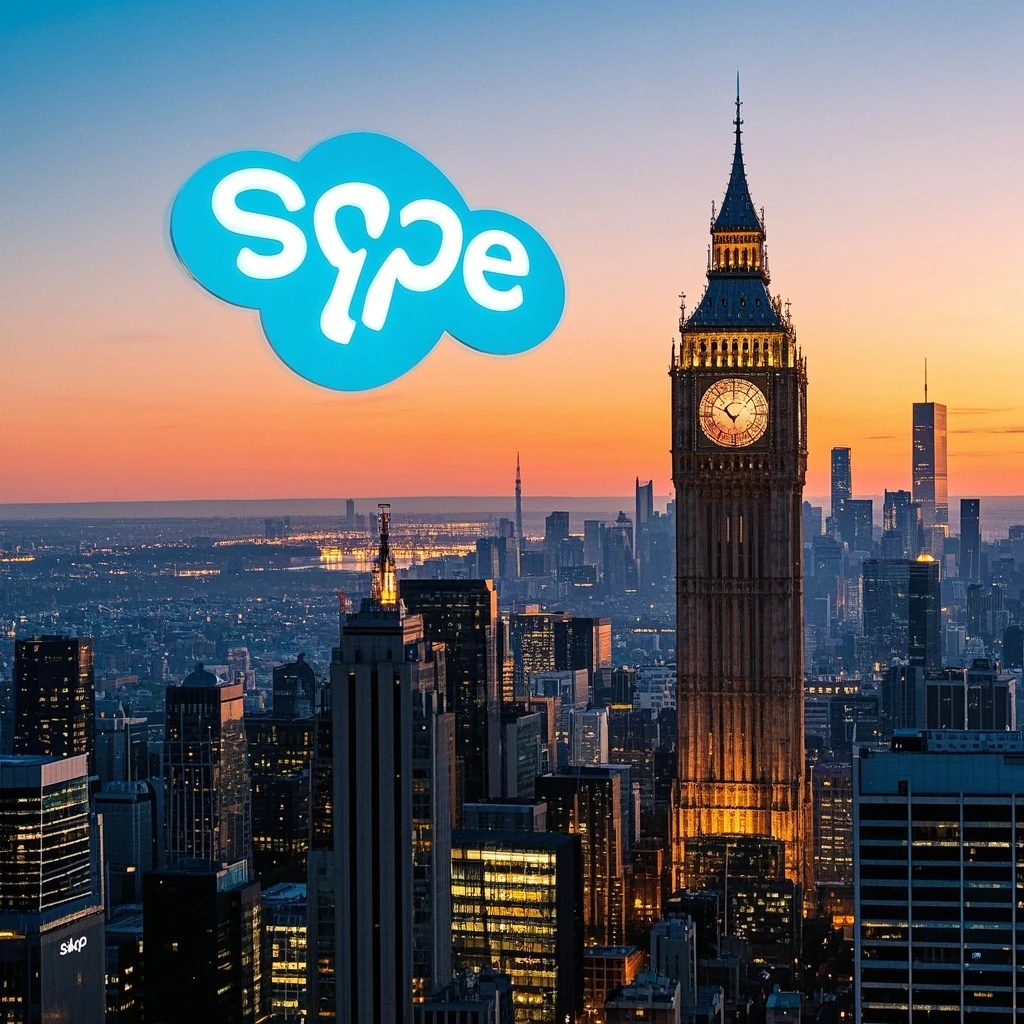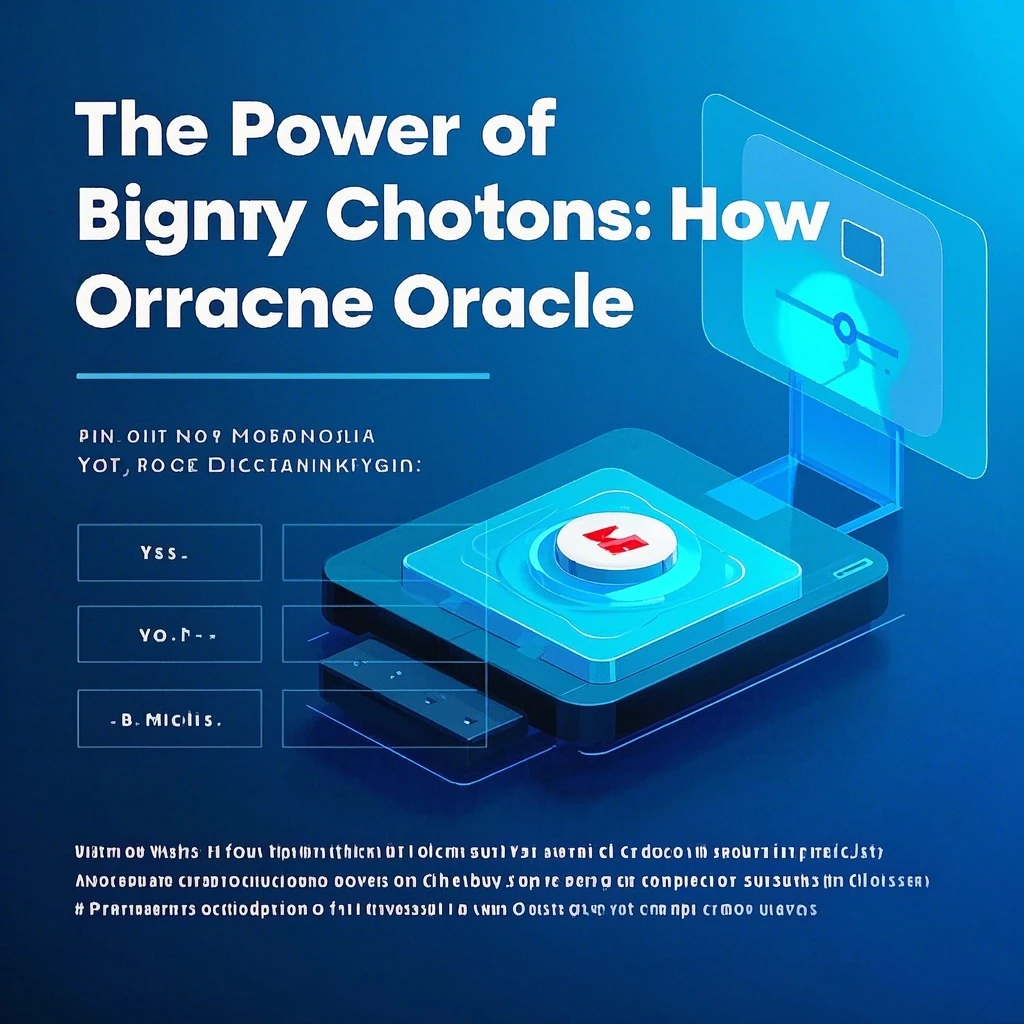The Skype Sunset: A London Business Guide to Thriving in the Microsoft Teams Era
The End of an Era: Skype’s Ret irement and the Rise of Microsoft Teams
irement and the Rise of Microsoft Teams
In May 2025, Skype—a household name for over two decades—will officially sunset, marking a significant turning point in digital communication. Since its 2003 launch, Skype transformed how individuals and businesses connect globally. However, Microsoft’s strategic pivot toward Microsoft Teams signals a shift toward integrated, modern collaboration tools tailored for hybrid work environments. For London’s small and medium-sized businesses (SMBs), this transition offers a golden opportunity to future-proof operations, enhance productivity, and strengthen team cohesion.
Why Microsoft Teams? The Evolution of Workplace Communication
Microsoft Teams isn’t just another messaging app—it’s a unified hub combining chat, video calls, file sharing, project management, and third-party integrations. Unlike Skype, which focused primarily on peer-to-peer communication, Teams is built for enterprise-grade collaboration. Here’s why London SMBs should embrace it:
- Single-Pane Efficiency
-
- Replace disjointed tools (e.g., Slack, Zoom, Dropbox) with a centralized platform.
-
- Real-time co-authoring in Microsoft 365 apps (Word, Excel, PowerPoint) streamlines workflows.
- Enhanced Security and Compliance
-
- Encryption, multi-factor authentication (MFA), and GDPR compliance safeguard sensitive data.
-
- IT admins gain granular control over permissions and audit trails.
- Scalability for Growth
-
- Teams adapts to evolving needs, whether adding 10 or 1,000 users.
-
- AI-driven features like transcription and meeting recaps boost accessibility.
- Hybrid Work Mastery
-
- Dynamic layouts and virtual backgrounds create inclusive meeting experiences.
-
- Channels and @mentions ensure no task slips through the cracks.
A Smooth Transition: Steps for London SMBs
Migrating from Skype to Teams doesn’t have to be daunting. Follow these actionable steps:
- Account Integration
-
- Log in to Teams using your existing Skype credentials. Contacts, chat histories, and files will auto-transfer.
- Training & Onboarding
-
- Host workshops to demo key features:
-
-
- Breakout rooms for team discussions.
-
-
-
- Lobby controls to manage meeting access.
-
-
-
- Approvals for document workflows.
-
- Customization
-
- Brand your Teams environment with logos and color schemes.
-
- Integrate apps like Trello, Jira, or QuickBooks for seamless workflow.
- Backup & Support
-
- Use Microsoft’s migration toolkit to archive Skype data.
-
- Leverage London-based IT consultants for tailored guidance.
London SMBs: Why Act Now?
The transition isn’t just about avoiding service disruptions—it’s about gaining a competitive edge.
- Cost Savings: Eliminate redundant subscriptions (e.g., Skype, Zoom, Slack).
- Talent Retention: Modern tools attract tech-savvy employees.
- Global Reach: Teams’ translation features and 24/7 support enable international collaboration.
Case Study: A London Marketing Agency’s Success Story
“After migrating to Teams, our project turnaround time dropped by 30%,” says Emma Carter, CEO of London-based Creative Co.. “The ability to co-edit campaigns in real-time with clients, regardless of location, has been a game-changer.”
FAQs Answered
Q: Can I use Skype after May 2025?A: No. Microsoft will fully retire Skype, redirecting users to Teams.
Q: Will my data transfer automatically?A: Yes. Contacts, chat logs, and files migrate 无缝 when you log in with your Skype account.
Q: Are there free Teams plans?A: Yes. Teams Free offers core features for up to 300 users. Paid tiers unlock advanced security and analytics.
THE END






